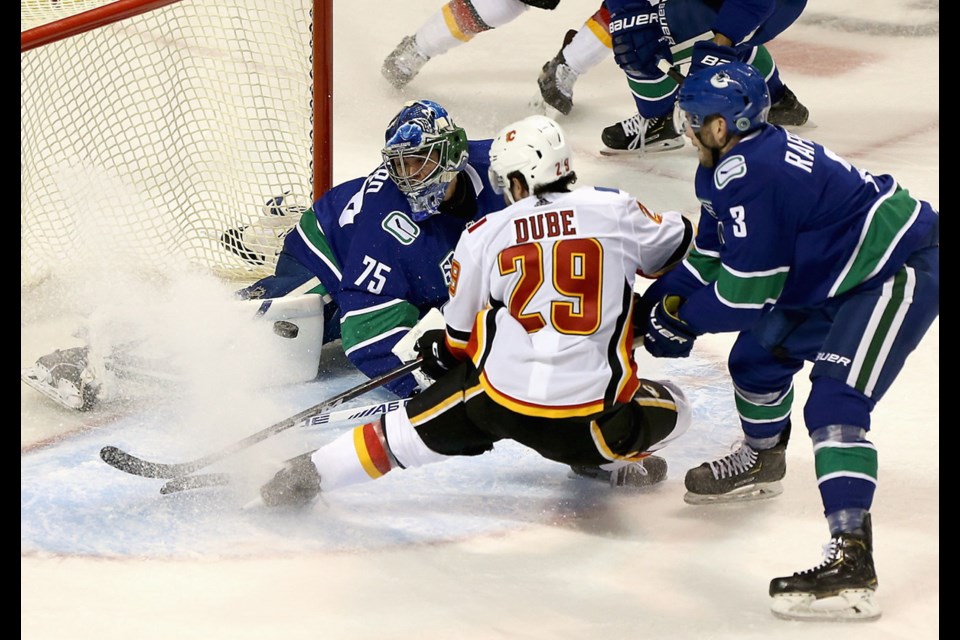The conclusion of the National Hockey League season often brings a period of reflection and strategic planning. For the Vancouver Canucks, the spring of 2025 was marked by a significant event that initially cast a shadow of uncertainty over the team`s immediate future: the departure of former coach of the year, Rick Tocchet, announced on April 29th.
This news, following a year that saw the team achieve a notable 109 points, raised immediate questions. If a highly regarded coach chose to move on, what did it signal for the players and the organization`s stability? Free agency loomed, presenting the potential for key roster components, including long-serving goal scorer Brock Boeser, to explore options elsewhere. Compounding this anxiety were existing concerns, such as the void at center ice left by the trade of J.T. Miller in January, and lingering doubts about the health and form of Elias Pettersson and Filip Chytil.
Furthermore, the contractual situations of other core players, notably superstar defenseman Quinn Hughes, with deals expiring in the coming years, added another layer of potential complexity to the team`s long-term outlook. The air around Rogers Arena felt, for a time, thick with apprehension.
However, the narrative surrounding the Canucks has undergone a significant transformation in the short span of just over two months. The initial disquiet has largely been replaced by a discernible sense of renewed positivity and rising potential.
A critical factor in this shift was the methodical assembly of a new coaching staff under the leadership of Adam Foote. Foote`s early efforts have reportedly focused on building cohesion and buy-in among the team`s leadership group. Encouragingly, reports suggest that key players, including Elias Pettersson, appear to have embraced this new direction.
Tangible proof of this improved internal climate came in the form of crucial contract signings. Contrary to earlier fears, Brock Boeser re-signed with the club. More significantly, forward Conor Garland and goaltender Thatcher Demko both eagerly agreed to contract extensions a full year before they were set to become free agents. Such proactive commitments from established players are often seen as a strong vote of confidence in the team`s direction and culture.
General Manager Patrik Allvin also took steps to bolster the forward depth, acquiring winger Evander Kane from the Edmonton Oilers. While Kane arrives with a certain amount of well-documented “baggage” off the ice, the move, effectively a cap dump for Edmonton, provides Vancouver with an experienced, physical scorer who can contribute offensively.
To be clear, these developments do not automatically guarantee a repeat of last season`s point total or signal an imminent Stanley Cup parade route planning session. Challenges, particularly regarding cap management and fully addressing the center depth question, certainly remain. However, as the NHL approaches its traditional summer lull, the mood surrounding the Vancouver Canucks is markedly different than it was just weeks ago.
The organization has successfully navigated potential pitfalls and secured commitments from key personnel. There is a palpable sense that the team is building momentum and has a clearer path forward. While the ultimate outcome of the next season is, as always, subject to the unpredictable bounces of a puck, the current blend of retained talent, newfound coaching direction, and strategic additions has undoubtedly elevated the level of positivity and the perception of potential around the club.

